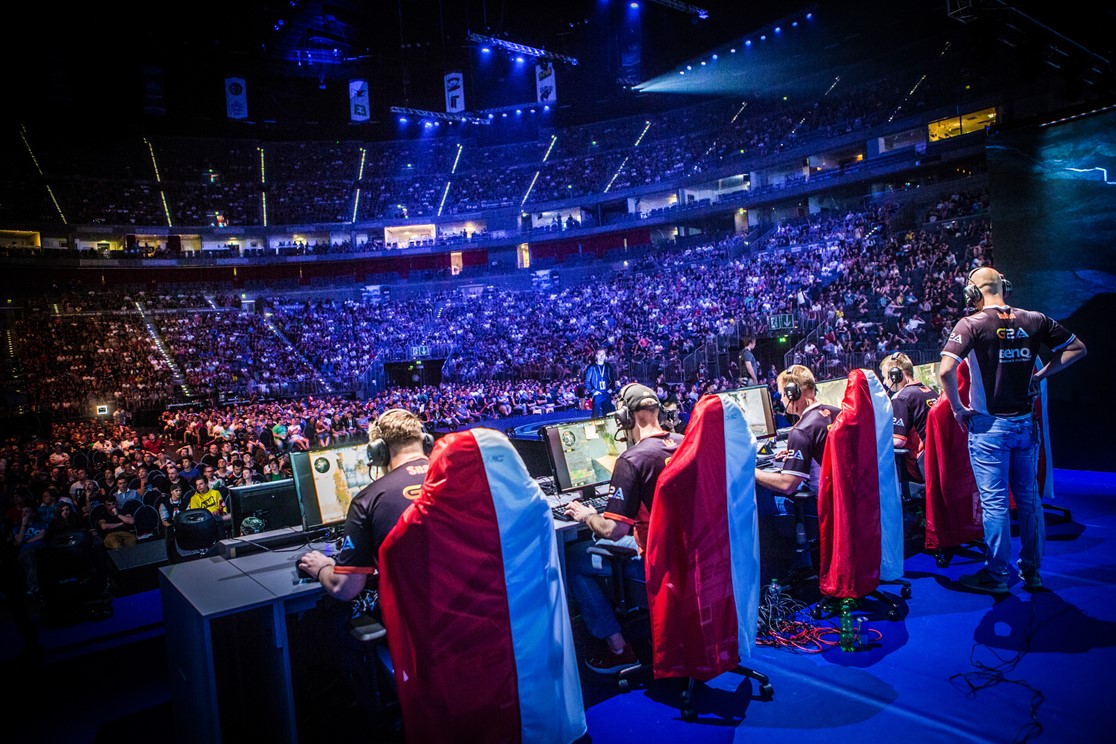There Are Snapchat Filters For Funerals
September 26, 2017 in Daily Bulletin

At your next funeral you may have the option to snap a photo with a geo-filter memorializing the deceased:
- Snapchat lets anyone buy a filter for a specific geographical area.
- Some are buying filters around funeral homes. They come with captions such as “Rest in Heaven” and perhaps a caricature of the loved one.
- They cost about $120 and are seen as an effective tribute for a generation that sees funerals as an opportunity to celebrate one’s life rather than mourn their passing.
Read more on CNet.









Join the Discussion! (No Signup Required)